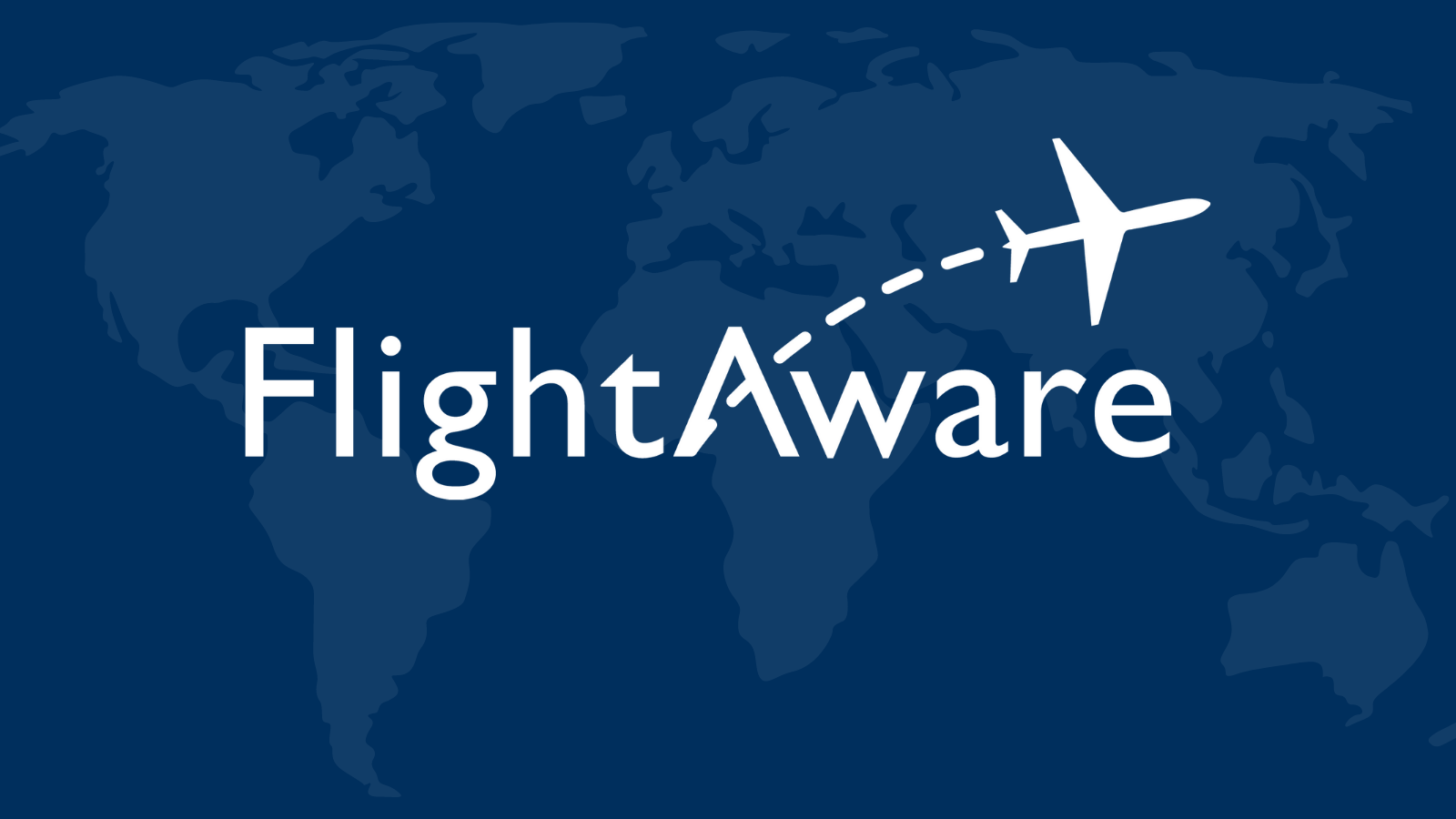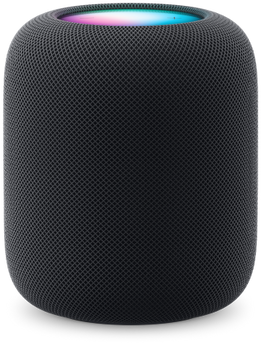Recent studies suggest that a number of popular dating apps have made it possible to track the precise location of other users. This was not due to a software glitch, but rather through various forms of triangulation. Fortunately, many of these apps have since addressed this issue.
The study titled Swipe Left for Identity Theft was conducted by a team of five researchers from KU Leuven. They examined fifteen well-known dating apps, including Tinder, Bumble, Hinge, and Grindr. While these apps typically provide an approximate location for users, they do not reveal exact coordinates unless a user sets specific location preferences. However, the researchers found that it was still possible to determine a user's precise location using a method they refer to as oracle trilateration. This technique involves being in close proximity to a target and moving in three different directions until the target moves out of range. By triangulating these three points, a user can pinpoint a location with an accuracy of up to two meters.
The researchers also discussed two additional trilateration methods, including one that allows for location spoofing at three different points to calculate distance, achieving an accuracy of one meter. They also explored rounded distance trilateration, a method used by some apps to obfuscate location data. In this scenario, the researchers attempted to manipulate their own location until they understood how the app rounded their coordinates.
In the case of Grindr, it was possible to pinpoint a user's exact location. Bumble and Hinge allowed for finding a nearby location with a two-meter accuracy. Tinder and Lovoo were the only apps studied that did not disclose exact location data, as they operate on a larger scale of more than a kilometer.
The researchers informed TechCrunch that a straightforward solution to this issue has been implemented across all affected apps. They have adjusted the way in which the apps determine location, resulting in less precise coordinates that are accurate to approximately a kilometer.









 English (US)
English (US)